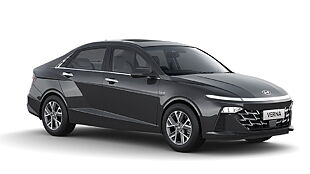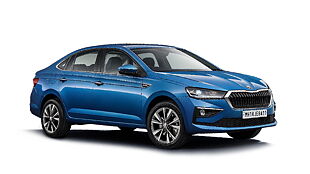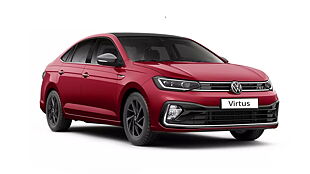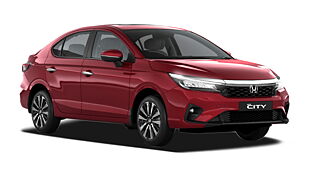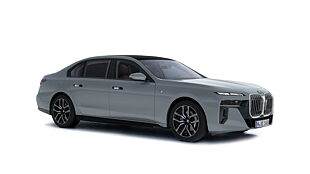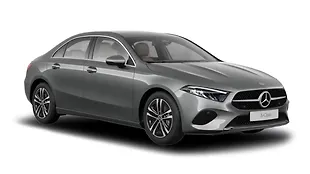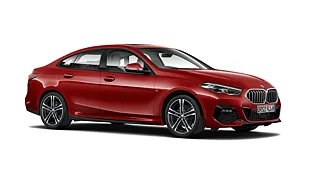Luxury car sales Report 2016

The global luxury car industry has been betting big on India as the next growing market. The car sales in 2014 and 2015 had boosted their confidence but 2016 has turned out to be tricky. It started with the National Green Tribunal banning the sales of diesel SUVs with engine capacity more than 2000cc. Then came the odd-even rule in the national capital and finally at the end of the year, it was demonetisation.
The first quarter of the calendar year 2016 continued the growth story of the past two years with Mercedes selling 3,622 units as against the 3,566 in Q1 2015. Mercedes was ahead of its German rivals Audi and BMW by a margin owing to its wide and newer portfolio across all the segments.

Luxury cars are characterised by their big engines and big size but with the emission norms tightening their noose, the engines have downsized over years. Diesel being cheaper and the engines considerably more efficient, diesel luxury cars have been the pick of the Indian customers. With the NGT ban enforced in Delhi, Mercedes-Benz took the biggest hit the volume generating C-Class, E-Class, CLA and GLA were all powered by their 2.2-litre diesel mills. BMW and Audi cashed in with their 1900-odd cubic capacity engines and were able to catch-up to the three-pointed star as its sales shrunk in Q2 to 2975 units.
With the diesel car ban revoked in Q3, Mercedes got back on track and was now head-to-head with BMW. It also introduced petrol cars options across all segments in case the diesel-ban comes in again. Meanwhile, Audi was reeling after the diesel-gate but the new Q7 helped it gain some ground back in the Indian market. With the launch of the new A4, Audi has consolidated its second position in the luxury car market in India. Mercedes Q3 sales at 3,327 units were 2.72 per cent below the previous year but showed a 10 per cent jump over the previous quarter. The monsoon turned out to be good across the country and with the economy strengthening itself, the last quarter was supposed to bring the annual targets back on track.

The festive season went well and November was supposed to be the biggest month for automotive sales after the harvesting season. But demonetisation happened and the sudden paucity of liquidity, especially in the cash-rich rural pockets proved to be a bummer. The sales numbers that were supposed to cover up for the slow sales in the previous two-quarters failed to rise. The sales numbers for Mercedes were respectable, though, with 3,307 luxury cars sold in Q4 2016 falling 3.38 per cent short of the corresponding sales in 2015.

Mercedes’ 2016 sales, at 13,231 units, have fallen short of the 2015 numbers by just two per cent. BMW has posted a 14 per cent growth over its sales in 2015, selling 7,861 units in 2016 which includes 7500 BMW vehicles and 361 units of Mini. The highest selling BMWs were the 3 Series GT, the new BMW X1 and the flagship all-new 7 Series.
For Tata-owned Jaguar-Land Rover, 2016 has been a landmark with the Jaguar XJ L facelift coming in, the new XE and the XF sedans and the strong sales of the new Range Rover Evoque. The numbers are not out yet but it will certainly be a growth story.

Amongst other players, 2016 has turned out to be a good year for Volvo whose sales were up by about 15 percent to just under 1600 units in 2016. The major contributor to the spike in sales is the all-new XC90. The recently launched S90 and the upcoming V90 will certainly help the car maker grow faster in 2017 along with the updated V40s and the upcoming S60 update.
The rising curve defined by the 32 per cent increase in 2015 sales over 2014 has hit a rather flat spot in 2016. But, with the economy realigning itself and the possibility of GST coming into legislation in 2017, the luxury car industry should expect at least a two digit overall growth in 2017.


![BMW 3 Series GT [2016-2021] Image BMW 3 Series GT [2016-2021] Image](https://imgd.aeplcdn.com/272x153/cw/ec/18273/BMW-3-Series-GT-Right-Front-Three-Quarter-82155.jpg?wm=0&q=80)
![BMW 3 Series GT [2016-2021] Right Front Three Quarter BMW 3 Series GT [2016-2021] Right Front Three Quarter](https://imgd.aeplcdn.com/199x112/cw/ec/18273/BMW-3-Series-GT-Right-Front-Three-Quarter-82155.jpg?v=201711021421&q=80)
![BMW 3 Series GT [2016-2021] Right Front Three Quarter BMW 3 Series GT [2016-2021] Right Front Three Quarter](https://imgd.aeplcdn.com/199x112/ec/70/2E/18273/img/m/BMW-3-Series-GT-Right-Front-Three-Quarter-50068_ol.jpg?v=201711021421&q=80)
![BMW 3 Series GT [2016-2021] Right Rear Three Quarter BMW 3 Series GT [2016-2021] Right Rear Three Quarter](https://imgd.aeplcdn.com/199x112/cw/ec/18273/BMW-3-Series-GT-Right-Rear-Three-Quarter-82160.jpg?v=201711021421&q=80)
![BMW 3 Series GT [2016-2021] Interior BMW 3 Series GT [2016-2021] Interior](https://imgd.aeplcdn.com/199x112/cw/ec/18273/BMW-3-Series-GT-Interior-82166.jpg?v=201711021421&q=80)
![BMW 3 Series GT [2016-2021] Dashboard BMW 3 Series GT [2016-2021] Dashboard](https://imgd.aeplcdn.com/468x263/cw/ec/28570/BMW-3-Series-GT-Dashboard-94284.jpg?v=201711021421&wm=1&q=80)

